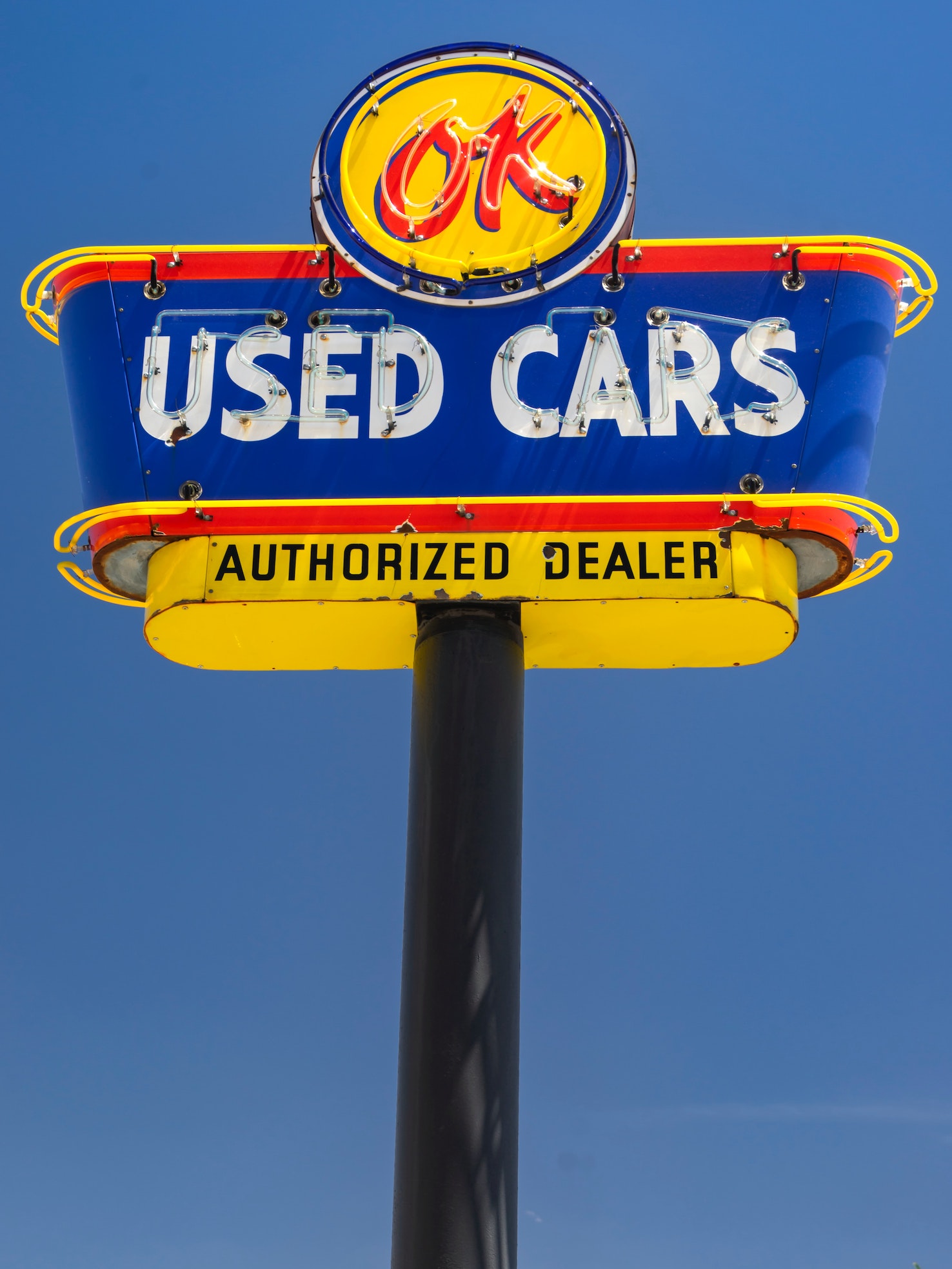Paying for the licenses necessary to operate a business is expensive, especially in industries where you must obtain a separate license in every county in which you operate. Paying for the licenses is better than the alternative, though. The fines and judgments you must pay if you get caught operating without the required licenses will cost you even more. Even that is not the worst-case scenario. The lawsuits that result from property damage and personal injuries caused by unlicensed companies cost millions upon millions. If your company is facing a lawsuit because you expanded your business into California or from one California county to another without first obtaining all the required licenses, contact a San Diego business dispute lawyer.
Carvana and the Licensing Disputes
Carvana started in Tempe, Arizona, where it opened its first car vending machine in 2013. In its first few years of operation, a new generation of drivers came of age that associated convenient shopping not with coin-operated vending machines but with clicking on a touch screen phone and making purchases from Amazon and similar ecommerce companies. Recently, Carvana has boasted that it is the Amazon of used car sales. Today, Carvana offers next-day delivery of used cars in more than 300 metropolitan areas throughout the United States.
It appears, though, that Carvana was a little too hasty in expanding into so many markets. In at least four of the counties where it does business, it began delivering cars to customers without first obtaining all the required licenses. Carvana obtained dealer’s and transporters’ licenses to deliver cars to customers with California addresses in 2019, but Carvana vehicles had been shipped into the Golden State for several years by that time. The Los Angeles District Attorney’s Consumer Protection Division began an investigation and discovered that Carvana had been delivering cars to California since 2015.
Later, the District Attorneys of Santa Clara, San Diego, and Ventura Counties joined the Los Angeles DA in prosecuting the case. In August 2021, Carvana agreed to settle the case without admitting that it had done anything wrong. It will pay a total of $850,000 in damages, pursuant to the settlement agreement. $600,000 is in the form of civil penalties, with each of the four counties receiving $150,000. Carvana must also pay $50,000 in administrative costs to each of the participating counties, for a total of $200,000. Finally, Carvana will pay $50,000 in restitution; this money will go to a nonprofit organization, to be chosen by the participating counties, which supports public interests.
Contact Foldenauer Law Group About License Disputes Between Businesses and Public Entities
The desire to grow a company quickly often motivates businesses to cut corners when it comes to obtaining licenses. A California business dispute lawyer can help you settle disputes over licenses, so you can continue to operate your business in lucrative markets. Contact Foldenauer Law Group, APLC in San Diego, California to discuss your case.


